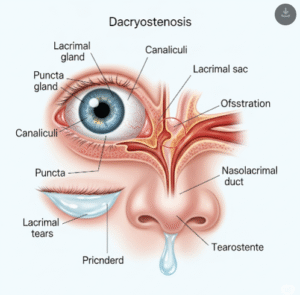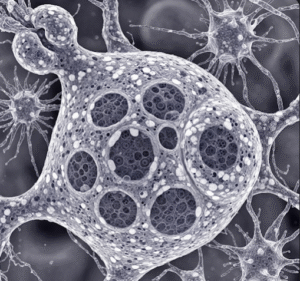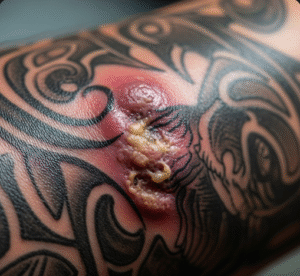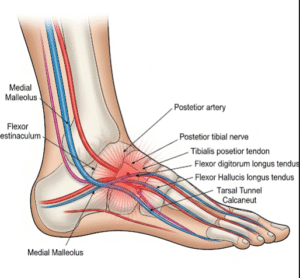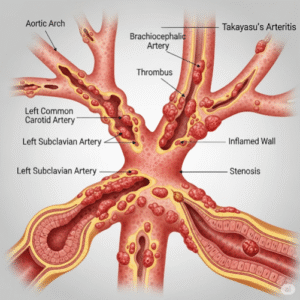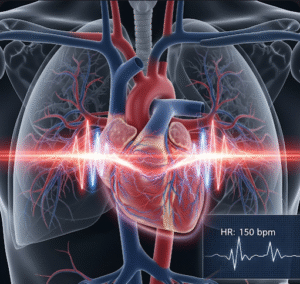Overview
Osteoradionecrosis (ORN) is a serious condition where bone tissue dies due to radiation therapy, most commonly affecting the jaw after radiation treatment for head and neck cancers. ORN results from the radiation-induced damage to blood vessels and bone cells, leading to impaired healing, bone exposure, and infection. In Korea, specialized cancer and dental centers provide advanced diagnosis and multidisciplinary care to manage ORN effectively and improve patient outcomes.
What is Osteoradionecrosis?
Osteoradionecrosis is the death of irradiated bone tissue caused by reduced blood supply following radiotherapy. The jawbone is particularly susceptible because of its dense bone and limited blood flow. ORN can manifest months to years after radiation treatment and is characterized by bone exposure, pain, and infection, complicating recovery and oral function.
Symptoms
Symptoms of ORN include:
- Persistent pain in the jaw or mouth
- Exposed, non-healing bone in the oral cavity
- Swelling and redness of surrounding tissues
- Infection with pus discharge
- Difficulty chewing, swallowing, or speaking
- Loosening of teeth or jaw fractures in severe cases
Causes
ORN develops due to radiation-induced damage that leads to:
- Hypovascularity (reduced blood vessels) in bone
- Hypocellularity (decreased bone cell numbers)
- Hypoxia (low oxygen levels in tissues)
- Impaired bone repair mechanisms following radiation
Risk Factors
Risk factors for ORN include:
- High-dose radiation therapy to the head and neck region
- Trauma to irradiated bone, such as tooth extractions or surgery
- Poor oral hygiene and pre-existing dental infections
- Smoking and alcohol use
- Concurrent chemotherapy that affects healing
Complications
If untreated, ORN can cause:
- Chronic pain and infection
- Spread of infection to surrounding tissues or systemic infection
- Pathological fractures of the jaw
- Significant impairment in speech, eating, and quality of life
Prevention
Prevention strategies for ORN focus on dental care before and after radiation therapy:
- Comprehensive dental evaluation and treatment prior to radiotherapy
- Avoiding invasive dental procedures in irradiated bone when possible
- Maintaining excellent oral hygiene
- Regular dental follow-ups during and after cancer treatment
- Use of hyperbaric oxygen therapy prophylactically in high-risk patients
Treatment Options in Korea
In Korea, management of ORN involves a multidisciplinary approach:
- Conservative treatment: Pain control, antibiotics, oral rinses, and nutritional support
- Surgical intervention: Debridement or resection of necrotic bone in advanced cases
- Hyperbaric oxygen therapy: To improve tissue oxygenation and promote healing
- Reconstructive surgery: For severe defects to restore function and aesthetics
- Close coordination between oncologists, dentists, and surgeons to optimize care
Leading Korean medical centers utilize state-of-the-art imaging, surgical techniques, and adjunctive therapies to manage ORN effectively and support patient recovery.




